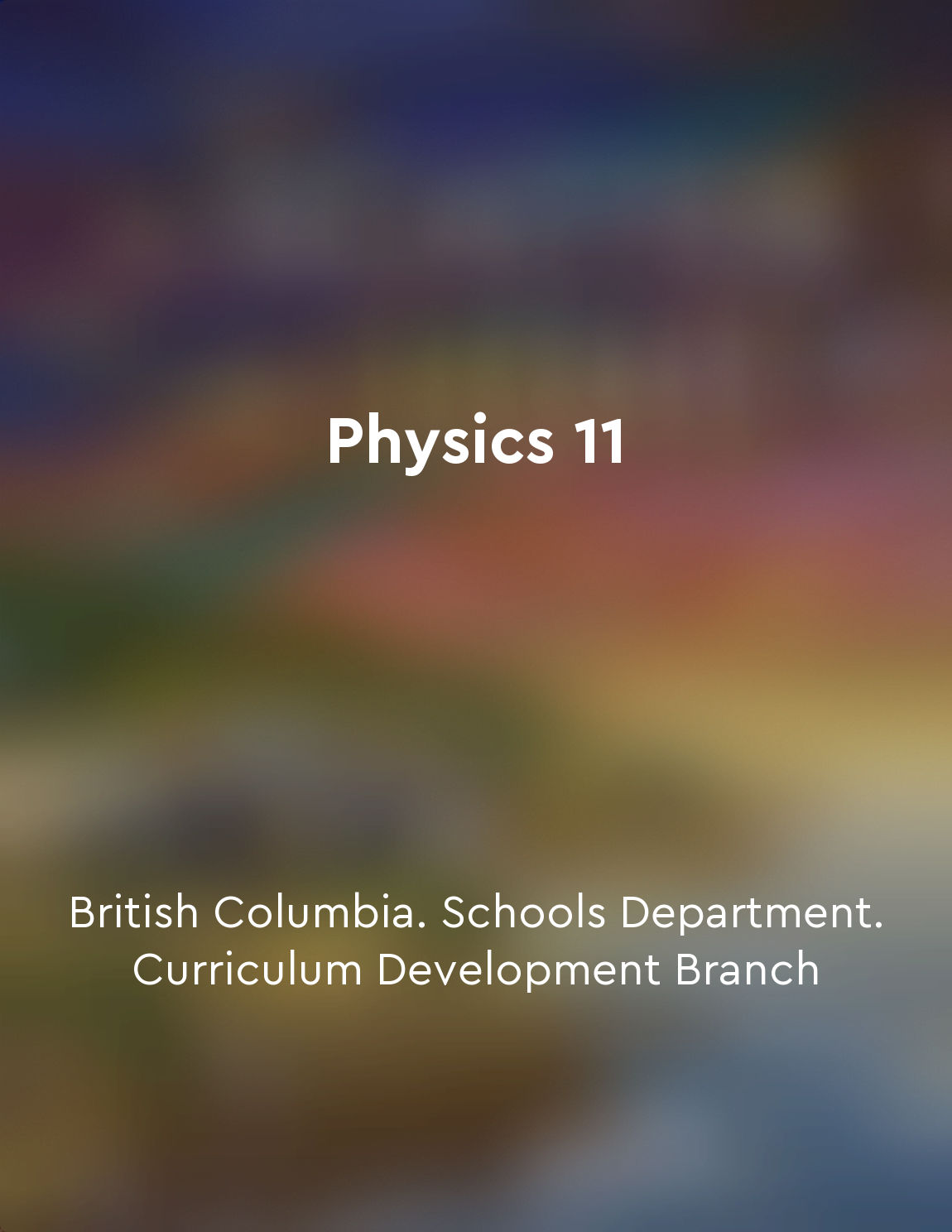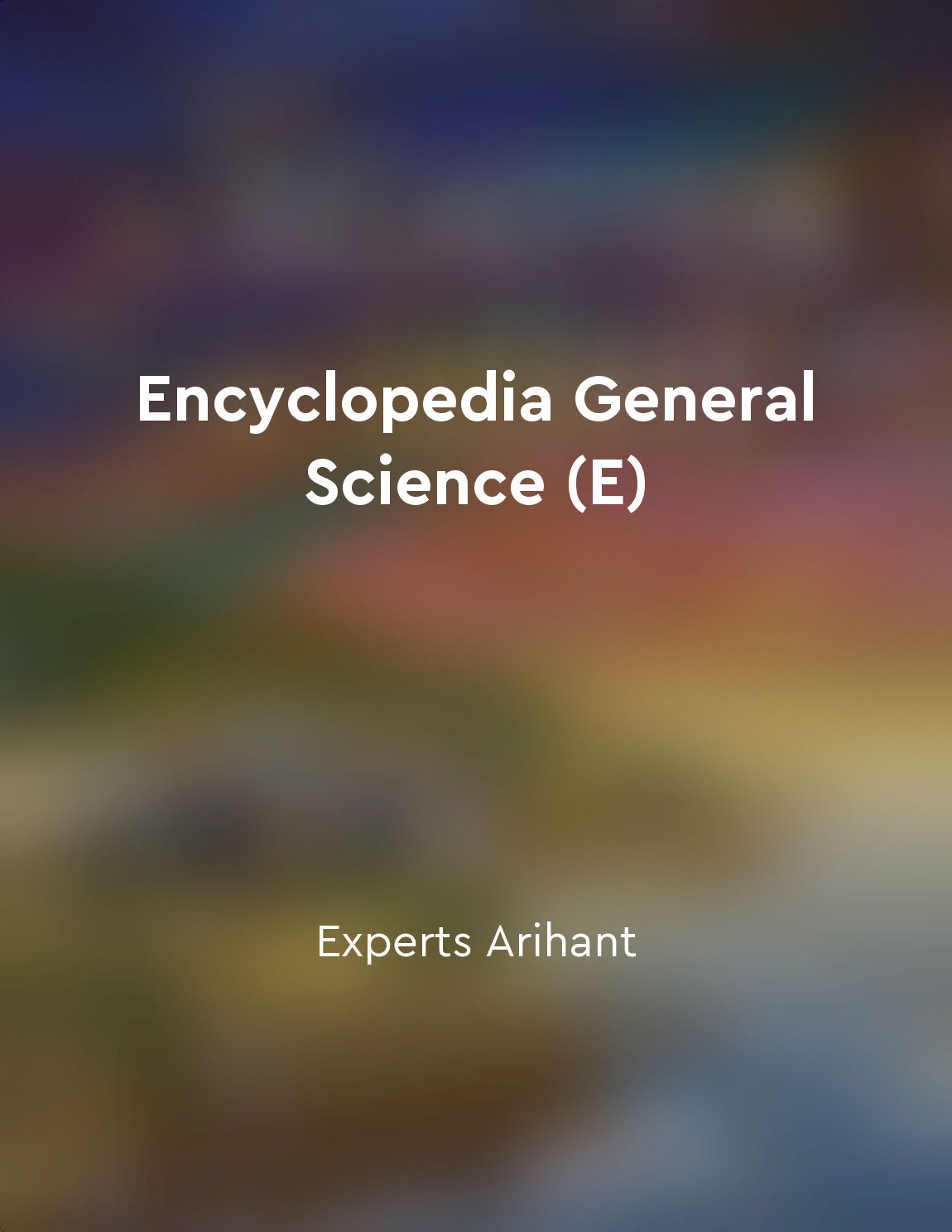Ionic bonds involve the transfer of electrons between atoms from "summary" of Chemistry Simplified NCERT Class 11 by Sanjay Sharma
Ionic bonds involve the transfer of electrons between atoms. When atoms form ionic bonds, one atom loses electrons while the other atom gains them. This transfer occurs because atoms want to achieve a stable electronic configuration, similar to the noble gases. In an ionic bond, the atom that loses electrons becomes positively charged, while the atom that gains electrons becomes negatively charged. These charged atoms are known as ions. The positively charged ion is called a cation, and the negatively charged ion is called an anion. The attraction between the oppositely charged ions is what holds the atoms together in an ionic bond. This attraction is known as an electrostatic force. It is this electrostatic force that gives ionic compounds their characteristic properties, such as high melting and boiling points. Ionic bonds typically form between metals and non-metals. Metals tend to lose electrons to achieve a stable electron configuration, while non-metals tend to gain electrons. This transfer of electrons results in the formation of ionic compounds.- The concept of ionic bonds involving the transfer of electrons between atoms is essential in understanding the formation and properties of ionic compounds. By gaining a better understanding of this concept, one can appreciate the role of electron transfer in chemical bonding.
Similar Posts
Avogadro's law relates volume and amount of a gas
Avogadro's law is a fundamental concept in the study of gases. It states that, under the same conditions of temperature and pre...

Heat is a form of energy transfer that occurs spontaneously from hot to cold objects
Heat is a form of energy that can be transferred from one object to another. This transfer occurs spontaneously from hot to col...

Humility is essential for learning and growth
In the world of science, one must possess humility to truly excel. This humility is not a sign of weakness, but rather a streng...
Molecular interactions determine physical properties
The way things look, feel, and behave is down to the way the molecules within them interact. It’s like a recipe for making matt...

Oceanography focuses on the study of the oceans
Oceanography is a field of science that delves deeply into the study of the oceans, encompassing a wide range of topics related...
Dinosaurs became extinct
Around 65 million years ago, the Earth experienced a cataclysmic event that brought about the end of the dinosaurs. This event,...
Healing power of narrative
The act of storytelling has a unique ability to heal, to mend the broken pieces of our existence. Through narrative, we are abl...
The Periodic Table is an essential tool for chemists
The Periodic Table is like a treasure map for chemists, guiding them through the complex world of elements and their properties...

Deal with conflicts in a healthy way
Conflicts are inevitable in any relationship. They can arise due to differences in opinions, misunderstandings, or unmet expect...
Laws of nature
The laws of nature are the rules that govern the way the universe works. They are the principles that determine how things happ...

